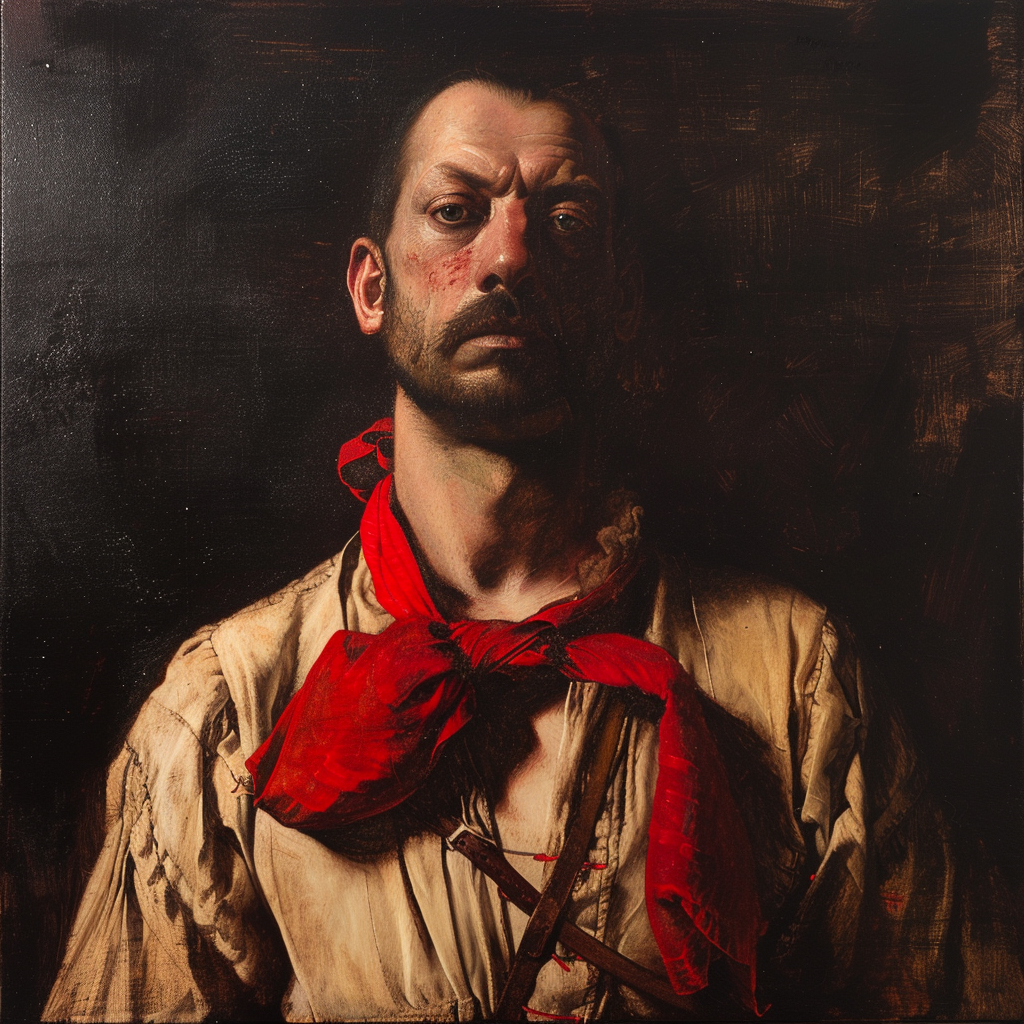A Stitch from History: The Catholic Threads in the Tapestry of the Necktie
The necktie, a staple of men's formal attire, has historical roots that weave significantly through the fabric of Catholic heritage. Its predecessor, the cravat, gained popularity due to Croatian mercenaries under the patronage of Catholic King Louis XIII of France during the 17th century. These Croatians, from a region with a deep Catholic identity, introduced their distinctive neckwear to the French court, sparking a fashion evolution that would eventually lead to the modern necktie.
Although the necktie’s origins aren’t uniquely Catholic, its incorporation into Western dress corresponds with eras deeply influenced by the Church. The evolution of this accessory unfolded in a society where Catholic values were integral to daily life and custom.
Sunday Best: A Call to Dignity
The tradition of wearing one’s "Sunday Best" to Mass transcends mere aesthetics; it is an expression of respect for the sacredness of the Eucharist. This practice, which involves donning a necktie among other formal attire, is not about vanity but about acknowledging the solemnity of worship. It serves as an external manifestation of internal preparation, connecting wearers with generations of Catholics who have embraced this reverent custom.
In today’s more casual society, opting to wear a necktie to Mass makes a deliberate, counter-cultural statement. It symbolizes a dedication to the sanctity of the Mass and an intentional effort to honor that sanctity with appropriate attire. This choice reinforces the notion that our presence at Mass is an encounter with the divine, meriting both spiritual and physical preparation.
Conclusion
Can the necktie be considered a distinctly Catholic symbol? While it cannot be claimed exclusively, its association with values such as respect, dignity, and tradition is unmistakable. Each time a Catholic gentleman knots his tie for Mass, he partakes in a venerable tradition that transcends personal style, embracing worship with devotion.

